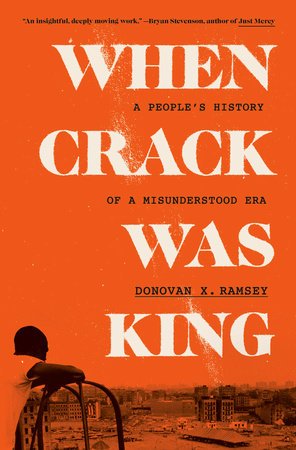It pains me to say this, but I didn’t really like this one. Holly is the first Stephen King book I struggled to finish.
The problem wasn’t the main story, which was an engaging mystery using the Columbo formula of giving away the villains and the outset and making the cat and mouse discovery the source of tension. King knows how to spin a yarn, and he does this well, teasing out revelations and using our knowledge to build dramatic irony.
The villains, likewise, were well-drawn and satisfyingly nasty (spoilers ahead, though you learn this within the first twenty pages). Emily and Rodney Harris are retired professors of English and Biology, respectively, who have descended into cannibalism under the belief that human flesh—livers and brains especially—hold restorative properties. They make for interesting villains with believable (if deplorable) motivations, though the focus on Emily’s racism and homophobia felt more like easy tags for her vileness rather than natural extension of her character. A person like her could certainly be prejudiced, but would she really be that preoccupied with her own prejudice?
The Harris’s insatiable hunger leads to a string of kidnappings, the latest of which Holly Gibney is hired to investigate. Through her sleuthing, she begins to connect the latest disappearance to previous ones. It’s clear King loves Holly, and she is indeed a good and interesting character. But I think one of the problems with this book is that he loves his characters too much. One of King’s great strengths as a writer has been his moral ambiguity. The line between good and evil is clear, but the good aren’t angelically so. They have flaws. They disappoint and hurt people. They are human. I don’t get that sense so much with Holly, and especially side characters Jerome and Barbara Robinson, who feel Mary Sue-ish in their fundamental goodness.
I’ll admit to a certain amount of sour grapes, as well, because not one but both Robinsons fart out lucrative literary careers without any effort whatsoever. Jerome receives $100,000 advance for a book about his grandpa, and Barbara is basically the Poetry Messiah, bequeathed by a character who is the greatest living poet of the 20th century and serves exclusively to beatify her. She also somehow makes $25,000, which is not something poets generally do. As someone who has written novels and sweated the requisite five pints of blood to get them published, the sheer ease of their success is galling, and makes King seem more than a little out of touch.
The late pandemic setting is an interesting touch, but this too proves distracting. I don’t think it’s by any means necessary to ignore COVID in fiction, but the constant references to it (though justifiable; it was all encompassing at that time) tended to take me out of the book, as did the repeated mentions of Trump. I know King’s politics, and while I share many of them, it still felt a bit cheap, as Trump supporter or COVID denier read like shorthands for “don’t like this person.”
To end on a positive note (and this really is a spoiler), I thought it was a clever choice to make the Harris’s cannibalism entirely a product of madness, and that the regenerative properties they feel are simply placebos. King doesn’t cheat with this, showing us impossible recovery that he then goes back on, but he does provide enough hints that, in the context of the Gibneyverse, where supernatural events have already occurred, such occult powers could conceivably exist.

